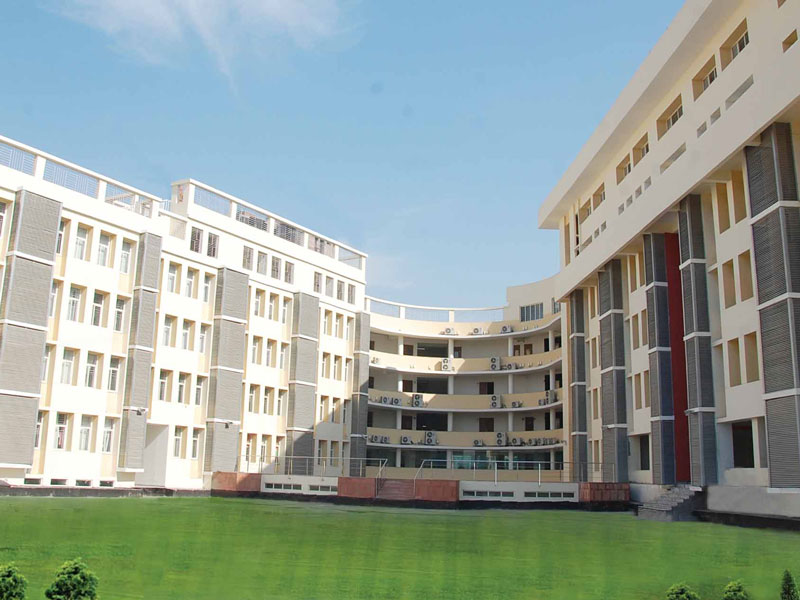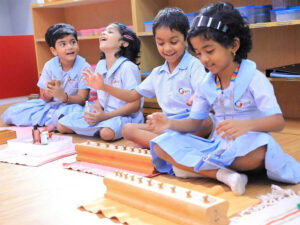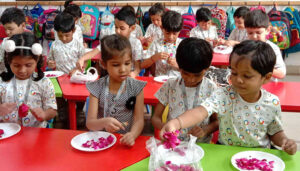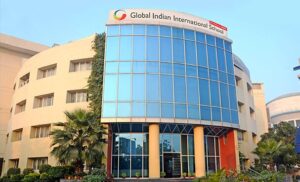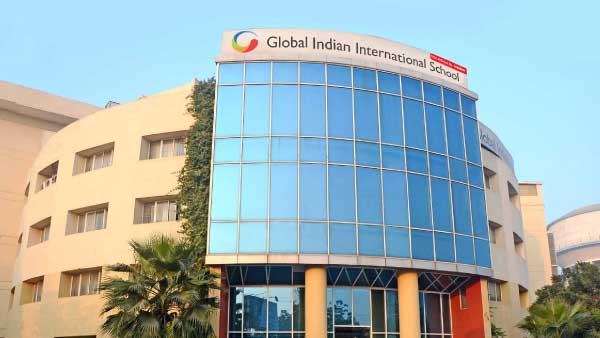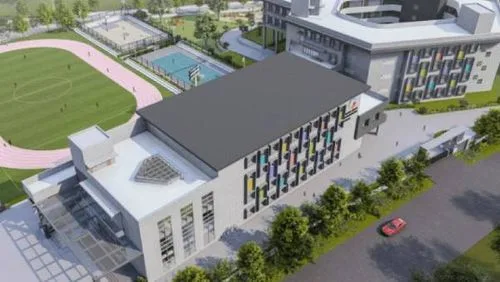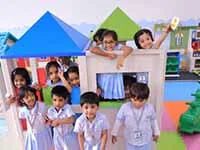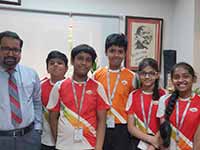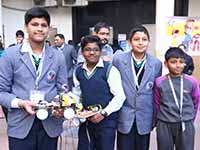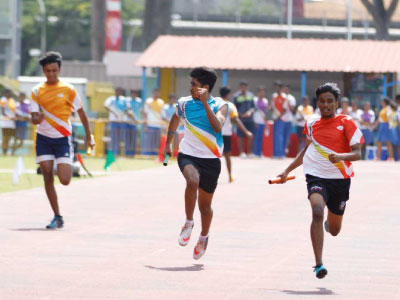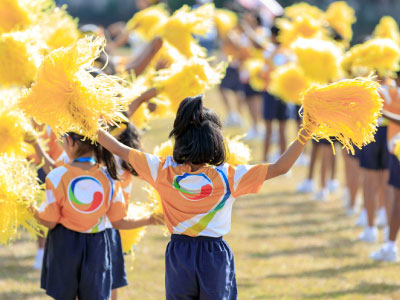Download our FREE Academic Calendar now! 📚 Start your child’s journey to success.
Choosing an area of specialization after completing 10+2 becomes a daunting task for students who are still figuring out their options, and don’t know what to do once their secondary school is over.
Students, after the completion of their secondary education, often get confused with the kind of specialization they wish to take up to establish their professional careers. Some prefer a degree whereas some prefer enrolling for a diploma. Many of them are unaware of the benefits and takeaways of pursuing either of the two. One needs to have a clear understanding of goals and the path that they wish to follow in their pursuit of professional excellence.
What is a Diploma?
Diploma is a short term specialization, typically 6 months or a yearlong course that is taken up by students after completion of their high school. It offers practical and technical understanding of a particular field of study which further helps them in getting familiar with the course they wish to take up in the future. Diploma courses are offered by educational institutes and provide students with a brief idea about the field and skills required to pursue the area of interest.
Types of Diploma
There are two types of diplomas students can go for:
1. Graduate Diplomas: GD in Finance, GD in Data Science, GD in Management, etc.
2. Postgraduate Diplomas: PGDCA, PGDM, PGDBA, etc.
What is a Degree?
Degree is a long term specialization, typically a 3 to 4 year course taken up after completion of 12th standard or passing of secondary level examinations. It is offered by certified universities or colleges and requires students to study in depth about a particular stream in combination of various aspects/genres relative to the chosen stream. In India, students must pass 10+2 level from an approved state/central government board to be eligible for pursuing degree courses.
Types of Degree
There are four types of Degree courses to choose from:
1. Associate degree –
2. Bachelor’s degree – BA, BCA, BBA, BEd, B Com, Btech, etc.
3. Master’s degree – MA, MCA, MBA, MCom, Mtech, etc.
5. Doctorate degree – Phd.
10 Major Differences Between Diploma and Degree
Diploma vs Degree, which is better? Well, the following list of the comparison between degree and diploma should help you understand which of the two is better:
| DIFFERENCE B/W | DEGREE | DIPLOMA |
| TIME | 3 to 4 years | 6 months to 1 year |
| COST | Relatively expensive | Comparatively Cheaper |
| MIN. QUALIFICATION | High School | 10+2 |
| LEVEL OF SKILLS ACQUIRED | In depth Knowledge of all aspects of the genre | Detailed knowledge of specific area of the subject |
| OFFERED BY | University or College | Educational Institutes |
| INTAKE | Yearly basis | Half yearly or yearly basis |
| SALARY PAID | Well paid | Underpaid |
| TYES | 4 Types: Associate, Bachelors, Post Graduate, and Doctorate | 2 Types: Graduate and Postgraduate |
| FLEXIBILITY | YES | NO |
| PROFESSIONAL VALUE | Preferred | Less preferred |
Similarities Between Diploma and Degree
| SIMILARITIES B/W | DIPLOMA | DEGREE |
| Offered By | Can be offered by Universities as well | Offered by colleges and certified universities |
| Min. Qualification | Some diploma courses require 10+2 completion | 10+2 mandatory |
| Job Prospects | Likely | Very Likely |
| Mode | Can be both virtual or offline | Can be both virtual or offline |
Pros of Diploma
1. Diplomas cost less. Hence are cost effective.
2. Are comparatively shorter in duration. One is able to complete a diploma in about half the time spent in pursuing a degree.
3. The eligibility criteria is not fixed. The minimum qualification is 10th grade or 12th grade (for some diploma courses) at the max.
4. They are more flexible when it comes to class schedules or calendar.
5. They give you in depth practical knowledge of a particular subject area. Thus making you job ready in a shorter span of time.
6. Syllabus is limited; exams are easy to crack.
Cons of Diploma
1. Offers knowledge only on a particular area of interest. Individuals need to take up full degree courses to be able to master their skills in other aspects of the genre.
2. Degree holders are usually preferred for jobs in most industries.
3. Degree holders are paid well in comparison to diploma holders.
Pros of Degree
1. Better job opportunities.
2. Earns a well-paying job.
3. Degree holders are usually preferred for jobs in most industries.
4. A degree prepares you for further studies. Graduation, postgraduation and doctorate crave a fine blend of talent and skills among individuals.
5. Offers in depth knowledge of all the aspects of a stream.
6. Better critical and technical skills.
Cons of Degree
1. Long duration- typically 3 to 4 years.
2. Fee is comparatively higher as compared to diplomas.
3. Offers no flexibility.
Diploma VS Degree: Which is Better and How to Choose?
The debate between Diploma vs degree has been forever ongoing. What one needs to understand here is that both offer a different set of results to its students. There are some best schools, universities and institutes around the world that offer outstanding training in various diplomas and courses to its students. The only thing aspirants need to keep in mind is the objective of the course and what possible outcomes they wish to achieve upon completion of the course.
How to Choose?
1. Cost and duration of the course must be taken into consideration.
2. Purpose of pursuing a degree or diploma must be clear.
3. A list of shortlisted universities/colleges/noidastitutes must be handy.
4. Must have clarity between the available options.
Also Read: Syllabus of CBSE Class 10th Science
Conclusion
Be it a diploma or a degree, both hold their value for different reasons. Diploma is the right choice in case you want to start your professional career early. Degree is the right choice if you want to be the master of the domain and wish to learn everything in depth. There are universities and institutes that offer outstanding training in various diplomas and courses to its students. The only thing aspirants need to keep in mind is the objective of the course and what possible outcomes they wish to achieve upon completion of the course.

